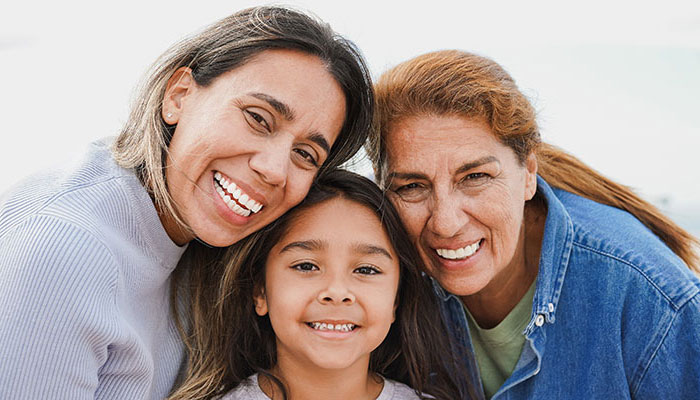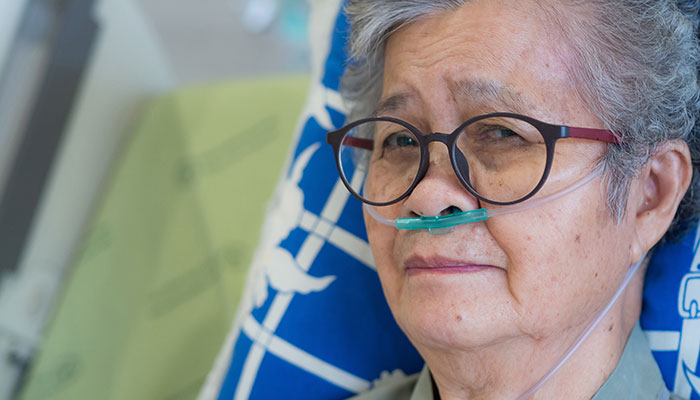As exciting as a trip can be, for a person with dementia, the loss of routine is confusing. And the loud, large, busy terminal spaces are often distressing.
Too much stimuli!
Your job is to keep the process as calm and unhurried as possible. If you are rushing, flustered, and anxious, your loved one with dementia will mirror that anxiety and become agitated, too. Preplanning and ample use of airport support programs will make your job a lot easier.
Here are things you can do at the airport to make for a good travel day.
- Dress in layers. Being too hot or too cold can result in agitation.
- Arrive two hours early. Arrive with time to spare so you won’t be concerned about possibly missing the plane if a mishap occurs (a bathroom accident, an outburst in security…). With spaciousness of time, you can deal with things calmly as much as possible, the way you would if you were home.
- Check your luggage. You want your hands free to help your family member. Bring a day bag as your carry-on. For your relative, include a comfort object, favorite treats, and possibly a headset and DVD or CD player.
- Ask for wheelchair assistance. Ideally, arrange this with the airline when you purchase the tickets. But if you didn’t, check in at the counter and make the request. Even if your loved one is able bodied, it helps to have them seated (less likelihood of wandering off!). The airline staff will prove an immense help going through security, but it’s equally helpful to have their assistance when you land and deplane. Getting to baggage claim is often a long walk, with crowds bumping and jostling.
- Ask about family bathrooms. The wheelchair attendant can point them out.
- After security, attend to bodily needs. This is a great time to get some food, use the facilities, and find a quiet place to wait. A lounge is great if you have access.
- Request preboarding. Check in at the gate and ask to board with the earliest group.
The Sunflower Program. This program provides a cheery sunflower on a neck lanyard for those with a “hidden disability.” It discreetly signals airport personnel that your loved one has a disability. The Sunflower Program provides a list of participating airports.
Traveling this holiday?
As the San Francisco experts in family caregiving, we at Compassionate Community Care understand how important it is to connect with family and friends. But you don’t want to arrive frustrated and tired due to distressed behaviors on your relative’s part. Let us help you plan so you can avoid outbursts as much as possible. Give us a call at (415) 921-5038.










